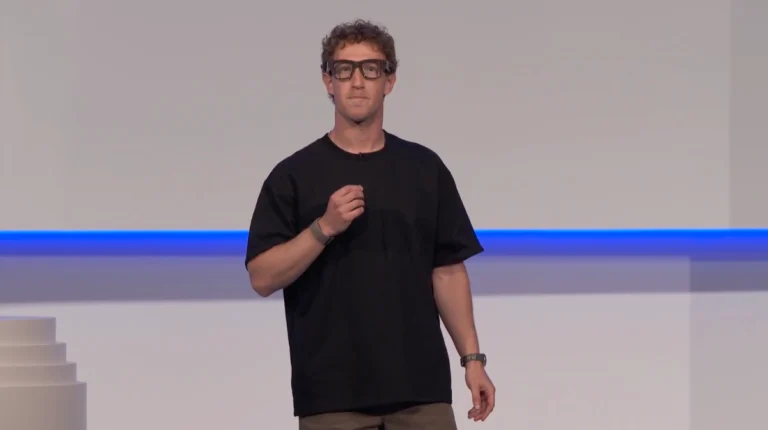
Most AI coding assistants today, from GitHub Copilot to newer tools like Cursor and Windsurf, essentially function as turbocharged autocompletion engines. They integrate into developers’ IDEs and assist by predicting and generating code in real time. But despite their intelligence, these assistants require constant human supervision. You, the developer, are still driving, prompting, reviewing, editing, and debugging the AI’s outputs. The idea of delegating a complete software task and stepping away is still a distant dream.
That’s where the next generation of tools—agentic coding assistants like Devin, SWE-Agent, OpenHands, and even OpenAI Codex—aim to break new ground. These systems are designed to function more like autonomous teammates or engineering managers. Instead of living inside an IDE, they work through platforms like Slack or Asana. You assign them a task—say, fixing a bug or implementing a feature—and wait for the solution, ideally without needing to review every line of code they write.
As Princeton researcher and SWE-Agent contributor Kilian Lieret puts it, we’ve gone from manually coding every line to Copilot-style autocomplete and now toward a “third stage” where AI agents attempt to complete full tasks independently. In this vision, humans operate at a higher level—triaging bugs, defining issues, and letting the bots execute.
But we’re not quite there yet. Despite hype around tools like Devin, their rollout has been rocky. Devin’s public launch in late 2024 was met with mixed reviews. YouTube critics called it unreliable. Early clients like Answer.AI noted that reviewing its work could be just as time-consuming as doing the job manually. Even so, the tool’s potential has lured investors—Cognition AI, Devin’s parent company, recently raised hundreds of millions at a $4 billion valuation.
Robert Brennan, CEO of All Hands AI (makers of OpenHands), believes in agentic coding—but with guardrails. “Someone has to review the code,” he says, warning against blindly approving every AI-suggested change. The issue of hallucination—where agents make up APIs or logic that doesn’t exist—remains a major hurdle. His team is building systems to catch these mistakes early, but solutions are still evolving.
Benchmarking platforms like SWE-Bench offer some insight into progress. OpenHands tops the verified leaderboard with 65.8% of issues resolved. OpenAI claims its Codex model scored 72.1%, though that result hasn’t been independently verified.
Still, industry experts caution that even a 75% success rate isn’t enough for hands-off trust, especially in large, complex codebases. Until hallucinations and reliability are addressed, these tools will remain copilots, not captains. The ultimate goal? Shift enough trust to these agents so they truly lighten the human workload, without breaking the code in the process.







